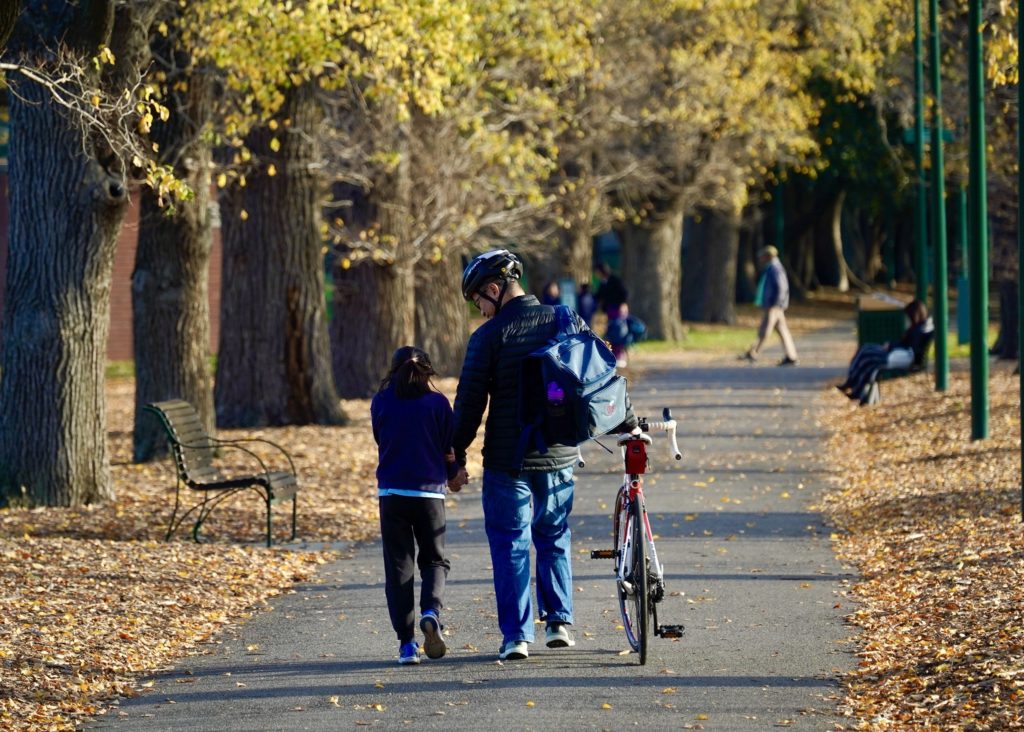
Photo courtesy of Roy Port via Flickr
In recognition of June being Men’s Health Month, Montefiore’s Claire Caron spoke with Dr. Earle C. Chambers, professor and director of research at Montefiore’s Department of Family and Social Medicine, and professor of epidemiology & population health, and of psychiatry and behavioral sciences at Montefiore Einstein.
Chambers’ research focuses on men’s health, primary care, and public health, with a particular emphasis on social determinants of health i.e. how physical and social environments influence health behaviors and health outcomes. Dr. Chambers is known for his research assessing how housing impacts chronic diseases like diabetes, prediabetes, asthma, HIV, and the health of men.
Can you tell us a little bit about why men’s health matters?
My recent work involves the diabetes-related health concerns of men and particularly men of color. Men with diabetes often have diabetes-related complications. One important program we run is called the Diabetes Prevention Program (DPP). It’s a group class for men and women over 18 who have prediabetes. Unfortunately, men are usually underrepresented in these DPP classes. Over the past few years, I’ve worked with Drs. Jeffrey Gonzalez and Elizabeth Walker to create a group specifically for men, called Power Up, and it’s run by male instructors.
This is important for male participants because their needs, concerns, and questions (which they may not feel comfortable bringing up in a mixed class) can be specifically talked about and addressed. The curriculum and class material has been adapted and personalized for men too. Many participants say they want to be healthy for their families, not just for their personal wellbeing. We need to think about what motivates men to make and sustain healthy habits when we design programs.
Regarding the social determinants of health or nonmedical factors that influence health, can you tell us more about what you found from patients’ completed questionnaires regarding their lives and needs?
There are many studies that look at health benefits of intervention programs for individuals, like DPP. Unfortunately, the success of those can be quite variable and it can be very difficult to maintain some of the changes that the programs recommend. I’m interested in research that shows how people’s environments make those changes possible or more difficult. My research on social determinants of health looks at the social barriers, like limited access to transportation or access to healthy food, that shape how well we can practice the healthy behaviors that are recommended to our patients.
For example, what are the social or economic barriers that make it difficult to prioritize things like healthy eating, fitness, and sleep? At Montefiore outpatient clinics, we have an effort underway, led by Dr. Kevin Fiori and Mrs. Renee Whisky-LaLanne, where we use screening questionnaires to ask our patients about their social needs. Many patients respond that they have inadequate or unstable housing, food insecurity, and unmet transportation needs. One way that Montefiore addresses these social needs is by connecting patients with clinic-based, community health workers who link patients to resources like food programs, rental assistance, and more.
What advice do you have for men about their health?
Prioritizing your health and wellness is important and separating your physical health from your mental health is not a complete way to think about your overall wellness. We understand that there are times a person needs to address an immediate need, like housing, before they can prioritize certain health concerns. Montefiore sees this, and we are gathering data about our patients’ medical and non-medical needs so we can support them better.
Claire Garon, MPH, CHES is a health educator at Montefiore’s Office of Community & Population Health.
If you need help with some of the social needs mentioned (housing, food, transportation), please speak with a doctor at Montefiore. If you have prediabetes and would like to join our current Diabetes Prevention Program class, please call (646) 494 8397.




